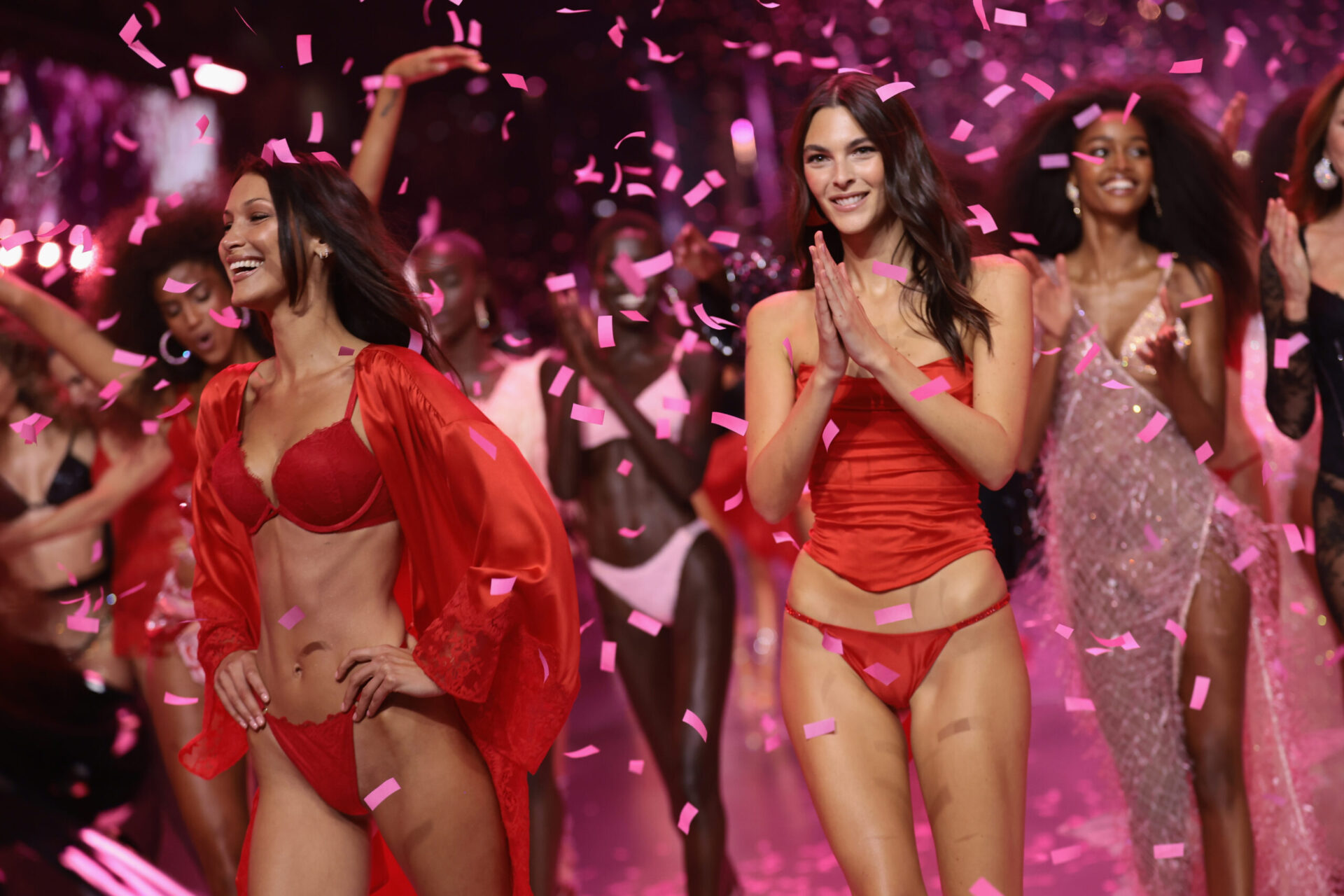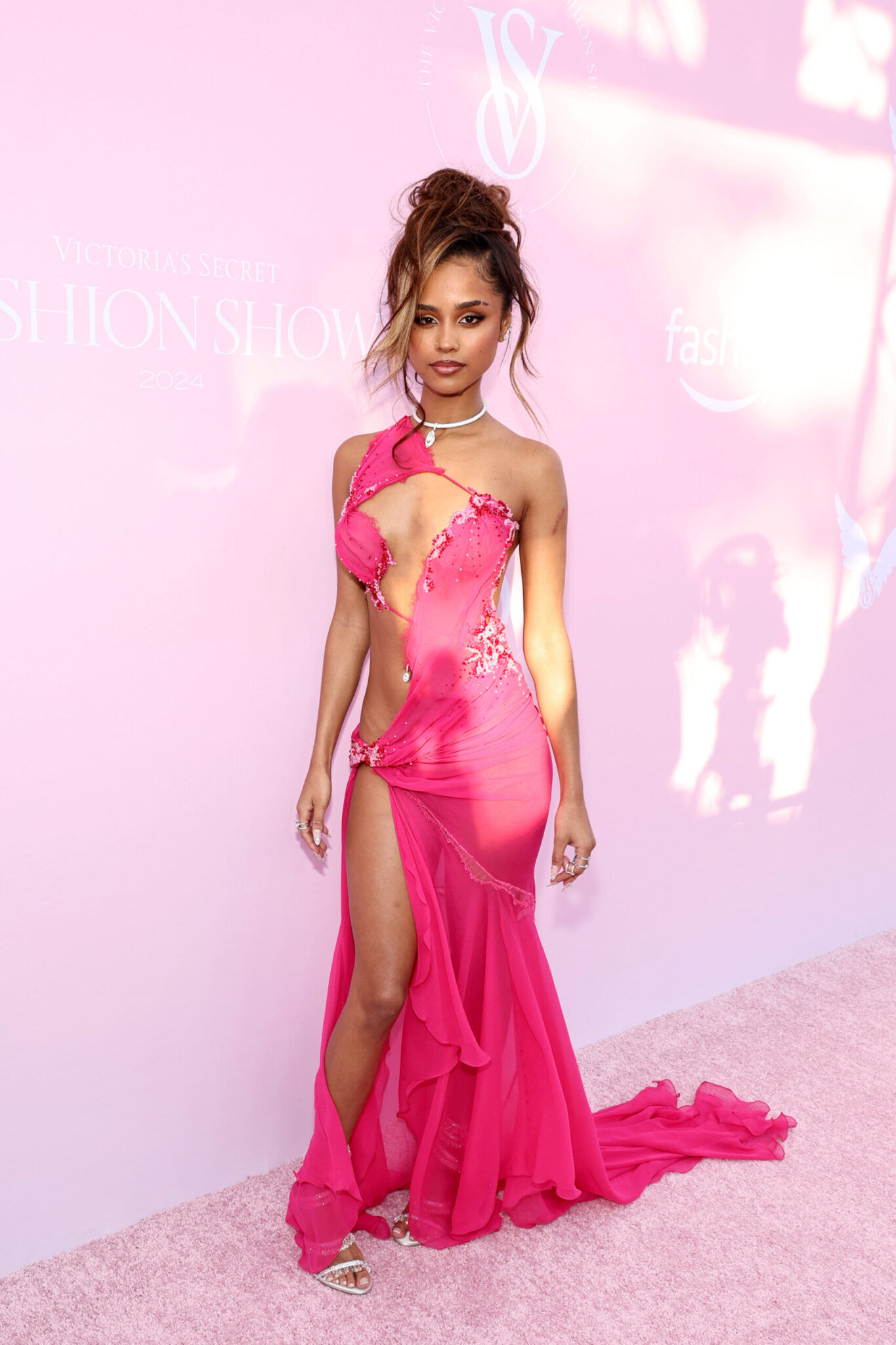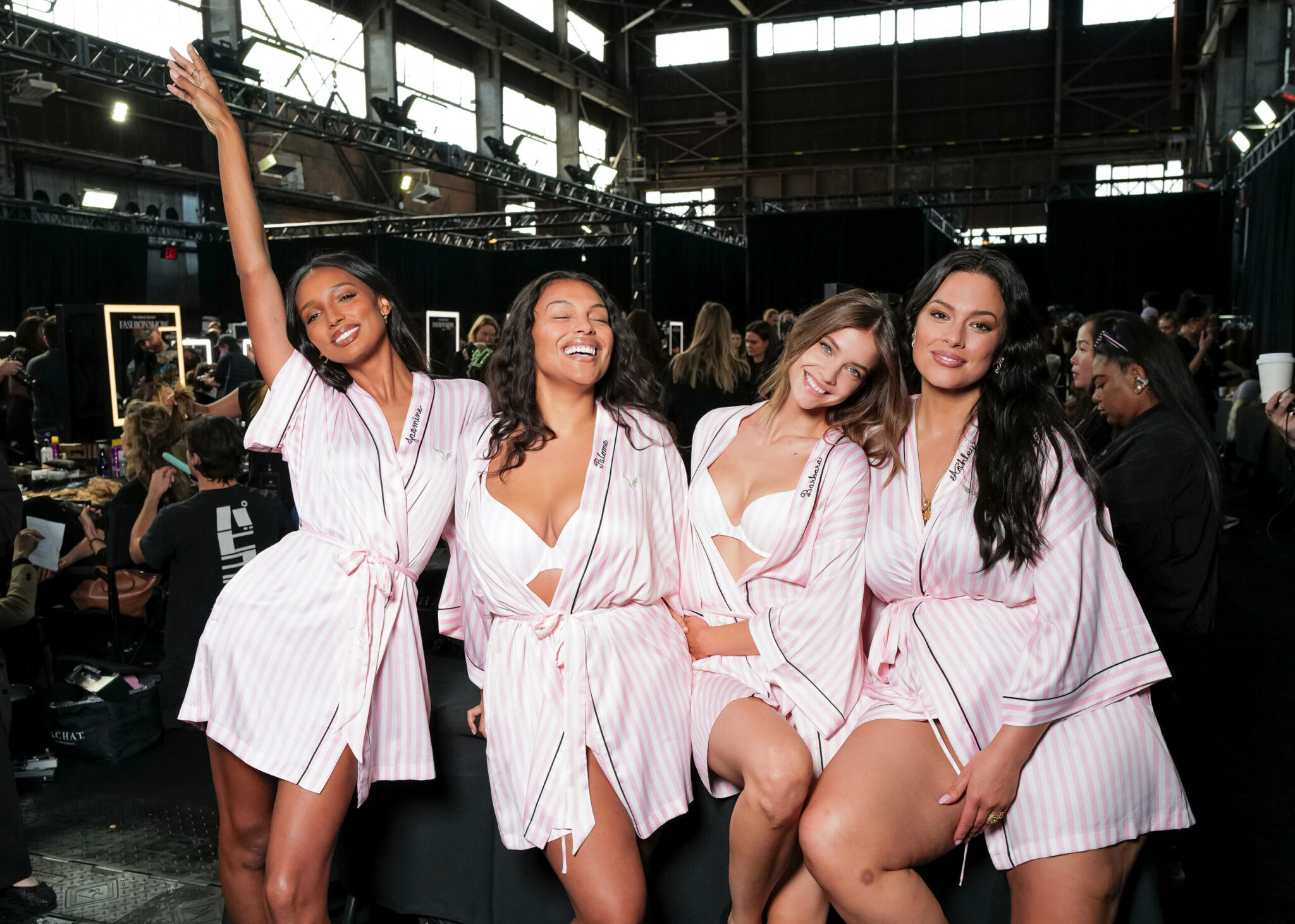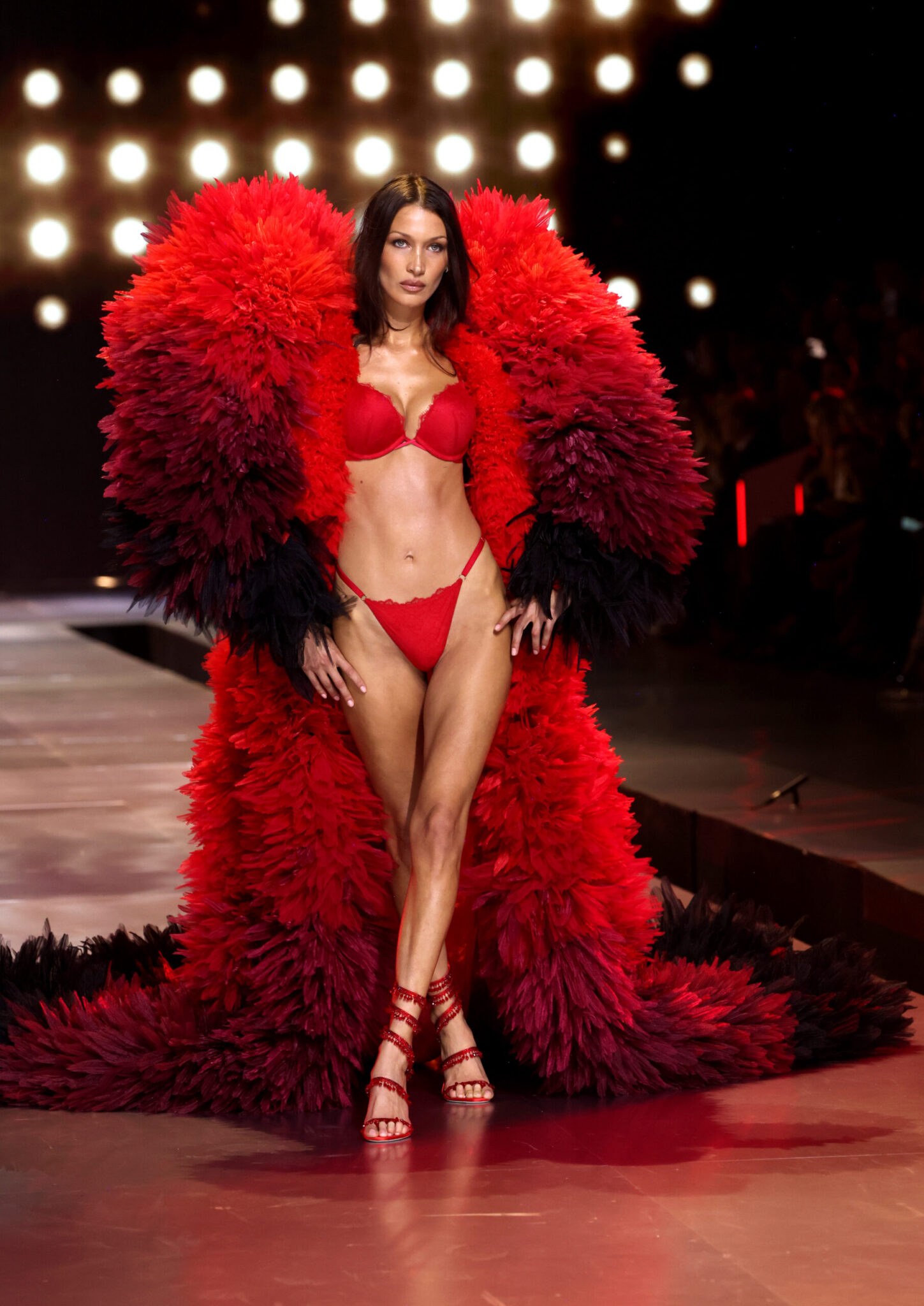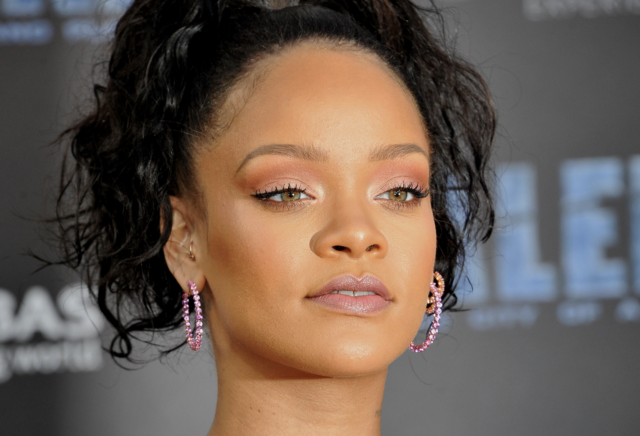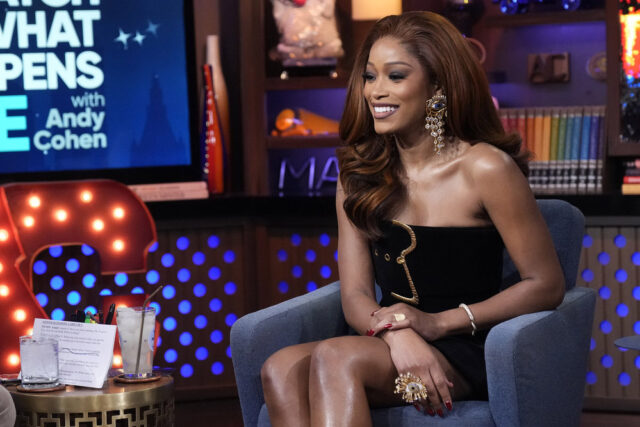The Secret’s Out: Can Victoria’s Secret Truly Change?
The moment we’ve all been waiting for. Is Victoria’s Secret really rewriting its legacy, or is this just a superficial rebrand to salvage its reputation?
With reports showcasing young teens falling prey to unrealistic body standards, Victoria’s Secret, once known for its glitzy and controversial fashion shows, is making a highly anticipated comeback from it’s six-year hiatus. But with a history of accusations ranging from misogyny to racism, can the brand truly rewrite its legacy, or is this just a superficial attempt to recover its tarnished image?
From America’s iconic performances by stars like Lisa, Tyla, and Cher to a more diverse casting of models who resemble their audience, the lingerie giant seems to be pulling out all the stops. But will this rebrand be enough to overcome its controversial past?
Victoria’s Secret has long been criticized for its narrow definition of beauty. The brand famously excluded plus-size models and rarely showcased women of diverse backgrounds, contributing to its reputation problem. Former executives, including the CEO, were accused of fostering a toxic, misogynistic culture that was reflected in the company’s advertising and hiring practices.
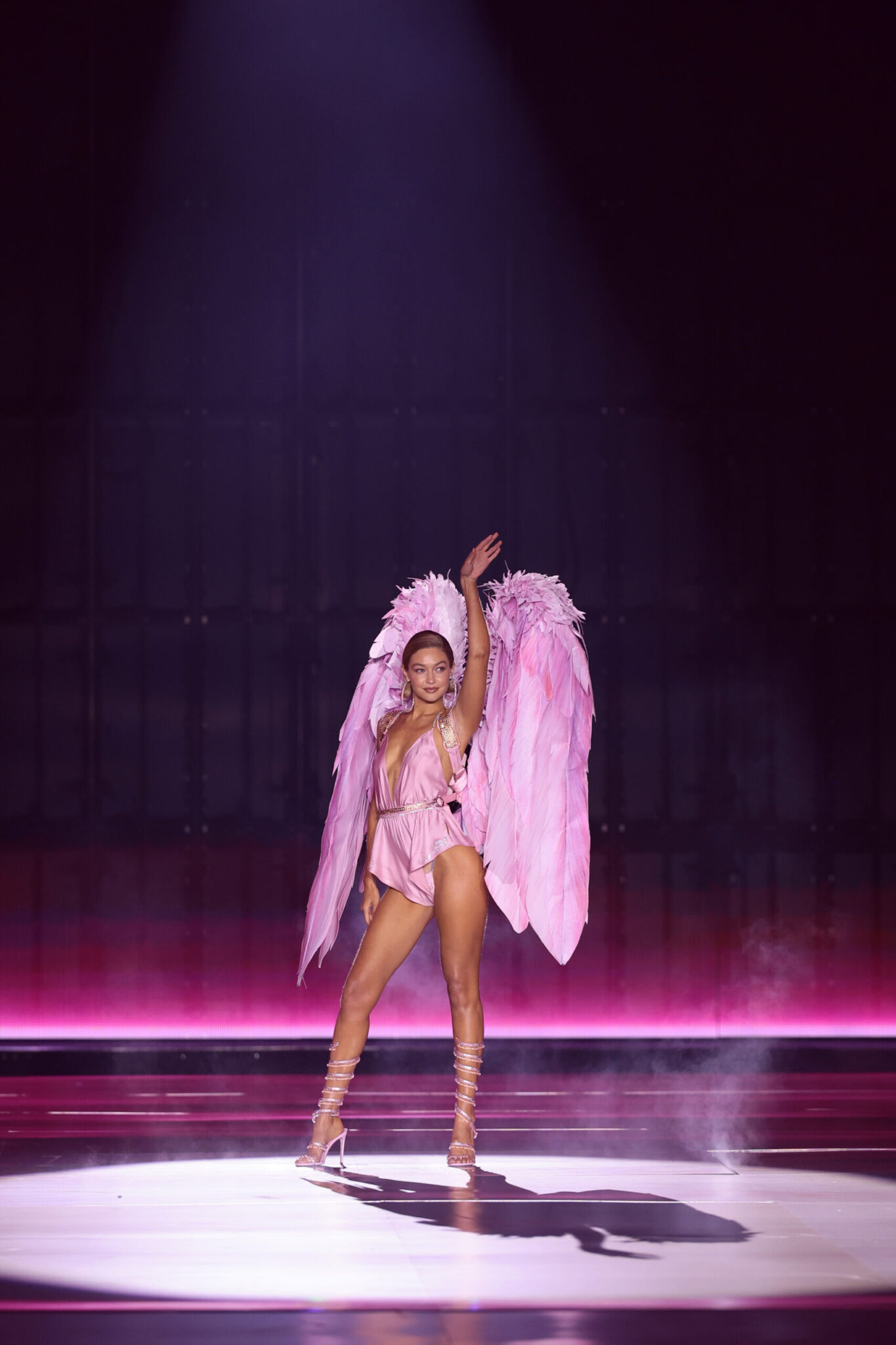
In an interview with the New York Times, 35-year-old soccer star and gender equity advocate Megan Rapinoe, known for her signature pink hair, criticized the brand as “patriarchal, sexist, and viewing not just what it meant to be sexy but what the clothes were trying to accomplish through a male lens and what men desired.” Rapinoe added that the brand was marketed toward young women in a way that she described as “really harmful.”
The brand, originally created by Roy Raymond as a solution for men to feel more comfortable buying lingerie for their wives, has gradually contributed to harsh realities for both its shoppers and models. And let’s be real: if we asked men today whether they’re comfortable shopping at Victoria’s Secret, the answer might not be what Raymond envisioned. The name itself even comes from male fantasies of prim Victorian ladies who “misbehaved” in the boudoir.
However, Martin Waters, Victoria’s Secret’s current CEO, admits the brand was slow to respond to changing times. “We needed to stop being about what men want and to be about what women want,” he stated, acknowledging the brand’s former appeal to the male gaze.
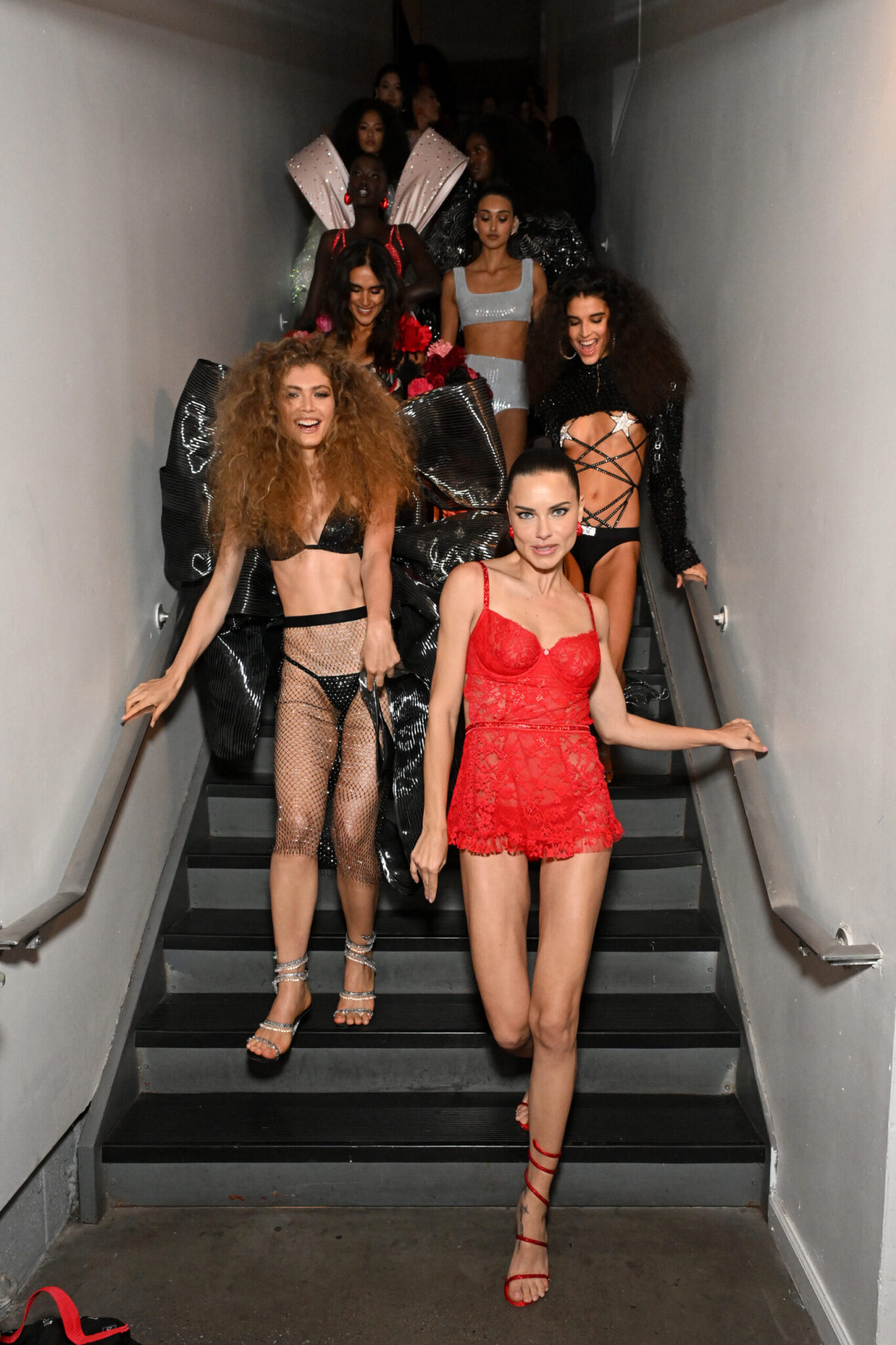
As the New York Times points out, societal norms around beauty and sexiness have been shifting for years, placing more value on a broad range of body types, skin tones, and gender identities. Victoria’s Secret simply hasn’t kept pace. Some of its older ad campaigns, such as a TV spot directed by Michael Bay featuring scantily clad models in front of helicopters, motorcycles, and fiery explosions, seemed more like a stereotypical male fantasy than a reflection of what women actually want.
The #MeToo movement, which began gaining momentum in 2017, further spotlighted these issues, exposing stories of harassment and exploitation across industries. Victoria’s Secret was no exception, as key figures, including Ed Razek, one of the top executives at L Brands parent company, faced allegations of sexual misconduct. These revelations fueled public outrage and put additional pressure on the brand to address its problematic culture and practices.
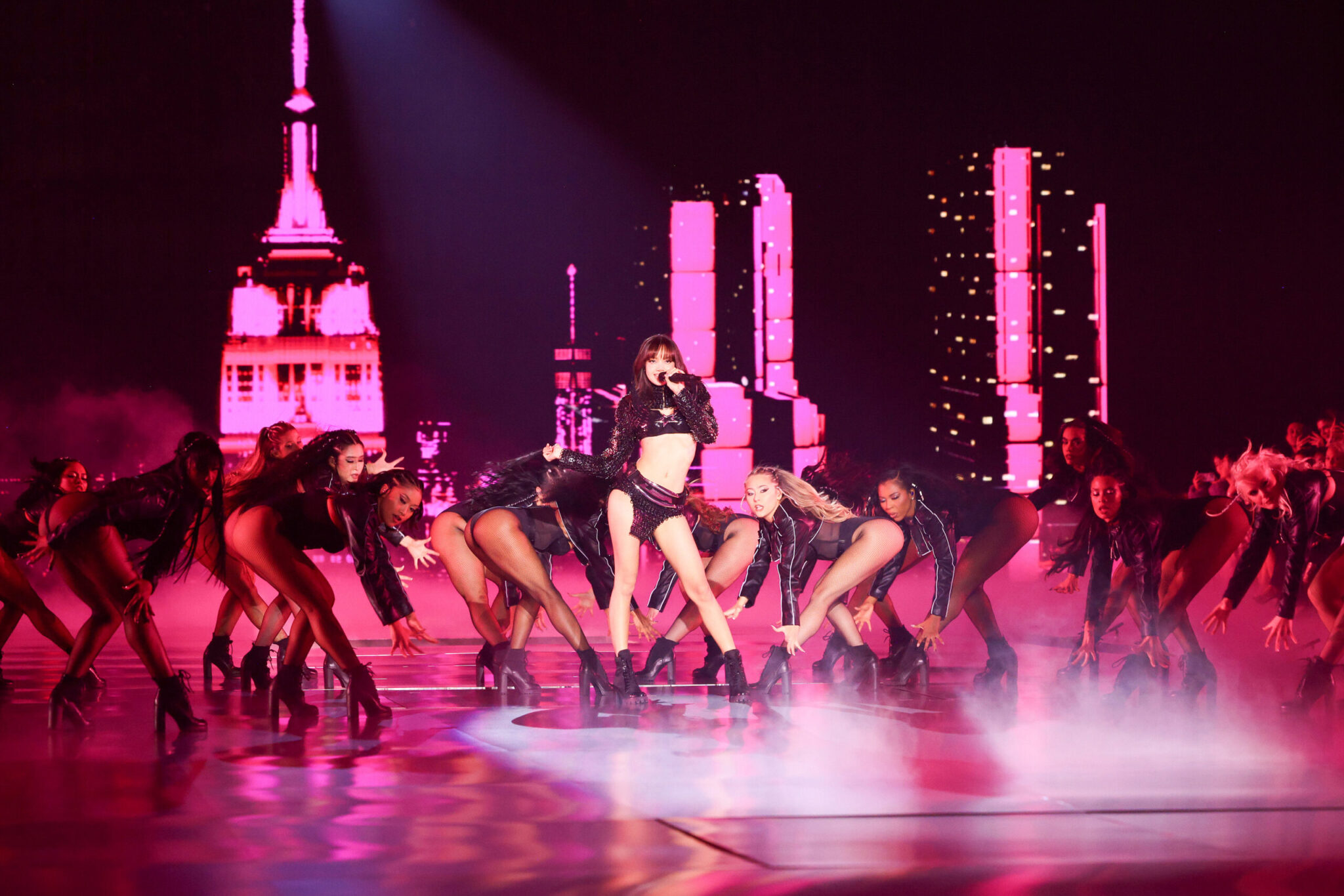
Criticism reached new heights when Razek, expressed disinterest in casting plus-size models in 2018. Razek, among others, was later accused of sexually harassing models, further tainting the brand’s reputation.
Hulu’s docuseries Angels and Demons, directed by Matt Tyrnauer, explores the rise and fall of Victoria’s Secret and its troubling ties to figures like Jeffrey Epstein and former CEO Les Wexner. An investigation by The New York Times uncovered disturbing details about these connections, deepening the public’s skepticism toward the brand.
While fans across the United States have even compared the return of the Victoria’s Secret Fashion Show to the Super Bowl, the lingering question remains: should it stay for the long run?
The New York Times thinks not. In her article, The Victoria’s Secret Fashion Show Returns. It shouldn’t, Vanessa Friedman writes, “There’s a difference between celebrating real physical diversity and celebrating people whose fame is greater than any size.” She argues that parading scantily clad bodies, regardless of size or age, down a runway isn’t about empowerment—it’s about objectification, even if it’s “equal opportunity objectification.” Friedman emphasizes that there are as many fantasies and definitions of sexy as there are people, and many don’t involve angel wings.
Meanwhile, the hiring of Hillary Super, former head of Savage X Fenty, as Victoria’s Secret’s new CEO has raised eyebrows. Super’s move from Rihanna’s highly inclusive and body-positive brand to a company with such a contentious history is striking. The Star remarked, “Victoria’s Secret just found out how expensive it is to poach a chief executive from one of [Rihanna’s] companies.”
While Super may bring about structural changes at the corporate level, it will take more than just a few new faces on the runway to convince long-time critics that brand has turned over a new leaf.
The latest fashion show features supermodels like Gigi and Bella Hadid, Kate Moss, Adriana Lima, and Candice Swanepoel. However, one standout moment occurred during an interview with Hungarian model Barbara Palvin and Entertainment Tonight. When asked what she was most excited to indulge in after the show, Palvin shut down the typical diet-related question, garnering praise from fans, especially given the brand’s problematic past with promoting unhealthy beauty standards.
Whether there are more scandals than standing ovations, the secret’s out, and no amount of ‘fantasy bras’ can cover up the truth about Victoria’s Secret’s past.

